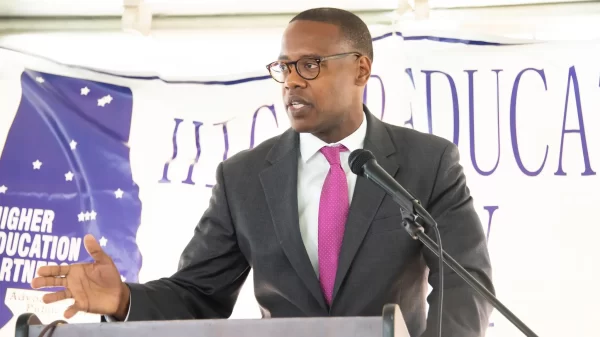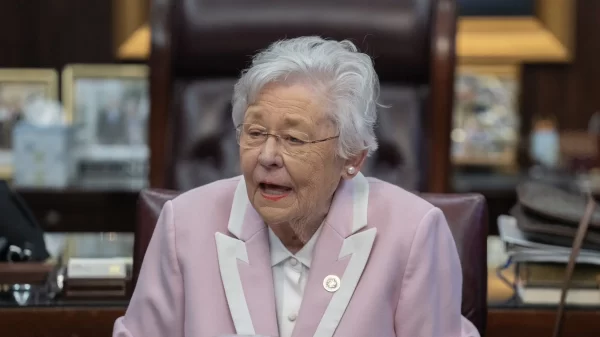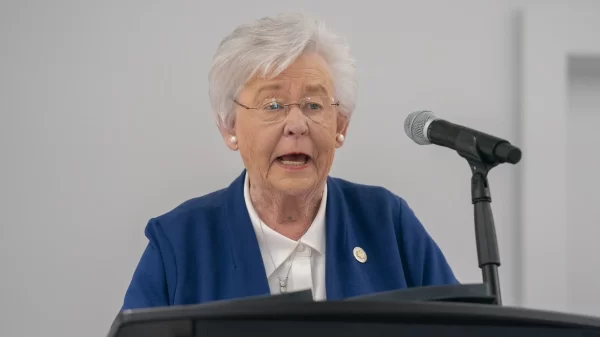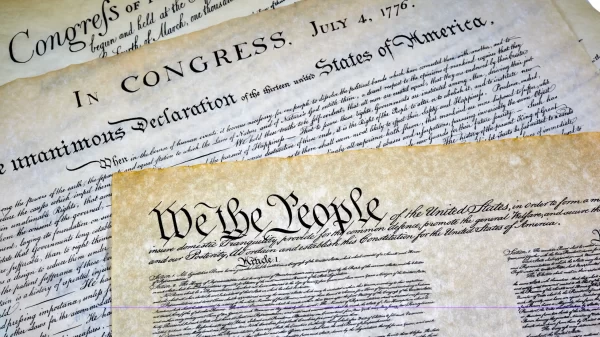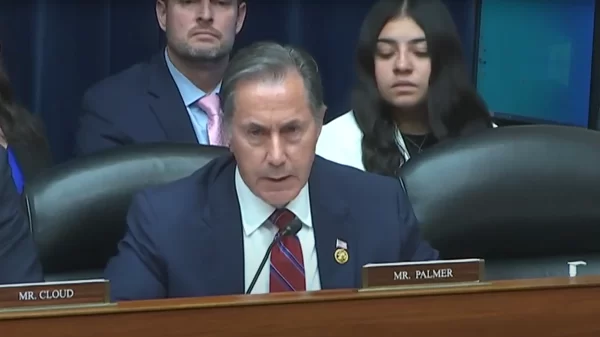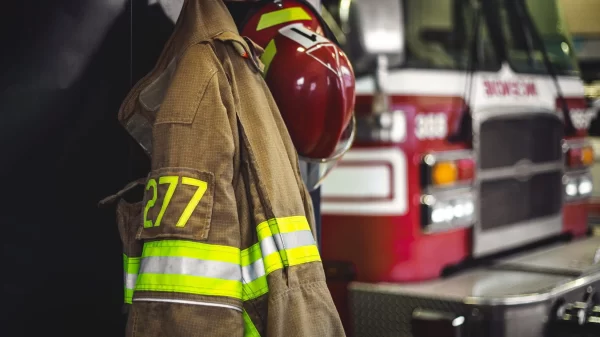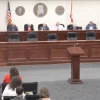|
Getting your Trinity Audio player ready...
|
Alabama’s high schools have retained their collective grade of A in a national report card on how well they teach personal finance.
Alabama earned an A in 2017 in the National Report Card on State Efforts to Improve Financial Literacy in High Schools. Continuing its good work, the state was awarded an A in the updated 2023 Report Card, issued by The Center for Financial Literacy at Champlain College in Burlington, Vt.
The state joins Iowa, Mississippi, Missouri, Tennessee, Utah and Virginia as the only states to earn As, by requiring students to take a standalone, half-semester course in personal finance, or its equivalent, in order to graduate.
John Pelletier, director of the Center for Financial Literacy, says that by 2028, 23 states are projected to have an A grade. So the 1.7 million students attending high schools in grade A states in 2023 is expected to increase to 6.4 million students in five years.
Pelletier says state policy makers are responding to families without financial safety nets during the pandemic, as well as to advocacy by educators, administrators, parents and students. He also notes that there is a recognition that personal finance knowledge and skills are crucial in today’s complex financial world, and cites the expanding availability of free online curricular resources offered by state departments of education and by non-profit organizations.
“Alabama continues to lead the nation in high school personal finance education,” Pelletier said. “They have had a required a full year career preparedness course since 2017, which includes the equivalent of a semester financial literacy course. And a new law passed this year will ensure that, beginning with the class of 2028, all students that graduate will take a new standalone personal finance and money management course.”
Pelletier notes that Alabama allows the career preparedness course to be taken in grades 8-10, while research shows that the optimal grades are 11th and 12th, just before young people enter college, work or the military and are faced with many complex financial decisions.
A 2022 poll by the National Endowment for Financial Education (NEFE) indicated that 88 percent of adults wanted their states to require a semester- or year-long financial education course for graduation from high school, and 8 in 10 adults wished they were required to take such a class when they went to school.
As momentum for personal finance education grows, teacher training will become more important. The Center projects that 30,000 highly trained personal finance educators in just the grade A and B states will be needed by 2028.
The 2023 Report Card includes a review of the racial and ethnic disparities in financial capability drawn from the most recent FINRA National Financial Capability Study written by researchers at the FINRA Investor Education Foundation (Angela Fontes, Hanna Gilmore, Gary Mottola and Olivia Valdes), as well as research by Dr. Carly Urban of Montana State University highlighting the benefits of requiring financial literacy education in high school.
“Financial literacy is linked to positive outcomes, like wealth accumulation, stock market participation and effective retirement planning, and avoiding high-cost alternative financial services,” says Pelletier. “Conversely, poor financial literacy and negative financial behaviors often go hand in hand.”
“High school personal finance education can help alleviate the cycle of poverty that exists in our nation,” says Pelletier. “Requiring all students to take a standalone financial literacy course, regardless of their race, ethnicity or economic status, is an important step our nation can take toward reducing inequality.”
An interactive national map with information on the 50 states and the District of Columbia and a downloadable copy of the full National Report Card is available here: 2023 National Report Card. A fact sheet on Alabama can be found here.
To produce the Report Card, the Center again conducted detailed reviews of high school graduation requirements, state academic standards for personal finance education, and laws, regulations and guidelines that relate to how each state delivers personal finance education in its public high schools.
The Law Firm Antiracism Alliance provided hundreds of hours of research to support the Report’s analysis of the current landscape of state legislation on personal finance education.

